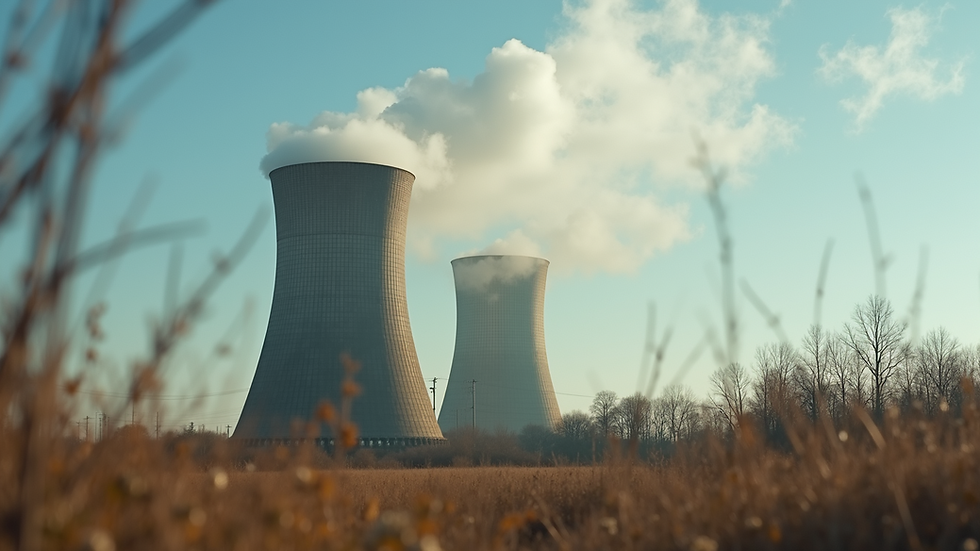Isotopes 101: A Beginner's Guide to Understanding the Building Blocks of Science
- get into nuclear
- May 3, 2023
- 2 min read
Updated: Aug 8, 2024
Isotopes are a fascinating science concept with a wide range of applications, from understanding the age of the Earth to diagnosing medical conditions.
But what exactly are isotopes, and how do they differ? In this article, we'll take a beginner-friendly look at isotopes and explore some of the critical things you need to know about them.
Key Takeaways:
Isotopes are different forms of the same element with the same number of protons but a different number of neutrons.
Isotopes have different atomic masses and physical properties, making them useful in various applications.
Scientists use isotopes to study the age of rocks, diagnose medical conditions, and determine the source of materials in forensic investigations.
Isotopes can also be used in nuclear power plants, although they can be dangerous if improperly handled.
6 Key Facts About Isotopes
1/ Isotopes have the same number of protons but different numbers of neutrons. This means they have the same atomic number but a different atomic mass.
2/ Some isotopes are stable and occur naturally, while others are unstable and decay over time. Unstable isotopes are also known as radioactive isotopes.
3/ One of the most well-known isotopes is carbon-14, which is used to determine the age of organic materials through radiocarbon dating. Carbon-14 is a radioactive isotope of carbon that decays over time.
4/ Isotopes have various uses in medicine, including diagnosing and treating cancer, studying metabolic processes, and imaging internal organs. Technetium-99 m is a radioactive isotope used in medical imaging.
5/ Isotopes can also be used in forensic investigations to determine the source of materials found at a crime scene. For example, the isotopic composition of soil, water, or plants can provide clues about where a suspect has been.
6/ Nuclear power plants also use isotopes, such as uranium-235, to generate electricity through nuclear fission. However, these isotopes can also be dangerous if not handled properly, leading to radiation exposure.
Conclusion
In conclusion, isotopes are a fascinating concept with many applications in science and beyond.
By understanding what isotopes are and how they differ from one another, we can gain insights into everything from the age of the Earth to medical conditions and forensic investigations.
However, it's essential to care for isotopes, as they can also be dangerous if not used properly.










Comments